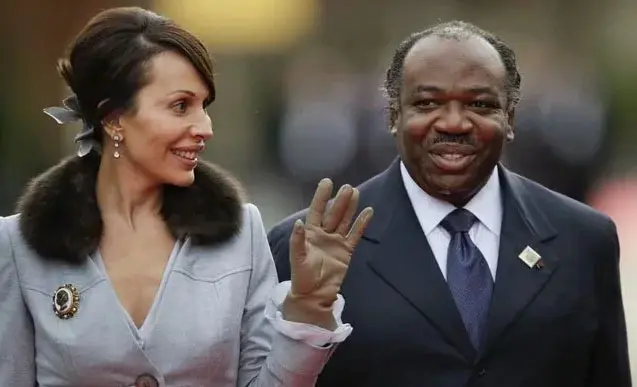 The United Kingdom’s Supreme Court has ruled that transgender women do not fall within the legal definition of “women” under the Equality Act 2010, a decision that could have significant implications for how the law is applied in matters such as single-sex spaces, equal pay, and maternity policies.
The United Kingdom’s Supreme Court has ruled that transgender women do not fall within the legal definition of “women” under the Equality Act 2010, a decision that could have significant implications for how the law is applied in matters such as single-sex spaces, equal pay, and maternity policies.
The unanimous judgment, delivered by five justices on Wednesday, reinforces that the terms “woman” and “sex” in the Equality Act refer to biological sex. The ruling is seen as a major setback for transgender rights advocates and has sparked renewed calls to amend the legislation.
 The case was brought by the gender-critical campaign group For Women Scotland (FWS), challenging a Scottish government policy that sought to expand the legal definition of “woman” to include transgender women.
The case was brought by the gender-critical campaign group For Women Scotland (FWS), challenging a Scottish government policy that sought to expand the legal definition of “woman” to include transgender women.
Delivering the judgment, Deputy President of the Court Lord Hodge emphasized that the ruling should not be interpreted as a victory for one group over another. “This decision does not disadvantage trans people,” he said, noting that transgender individuals still receive legal protections under other provisions of anti-discrimination and equality law.
 Lord Hodge acknowledged the ongoing and often divisive public debate over the intersection of transgender rights and women’s rights, describing trans individuals as a “vulnerable and often harassed minority,” while also recognizing the long struggle for women’s equality.
Lord Hodge acknowledged the ongoing and often divisive public debate over the intersection of transgender rights and women’s rights, describing trans individuals as a “vulnerable and often harassed minority,” while also recognizing the long struggle for women’s equality.
It is not the task of this court to make policy on how the interests of these groups should be protected,” he said. “Our duty is to interpret the meaning of legislation enacted by Parliament.”
Despite his request for silence in the courtroom, audible gasps followed the announcement. Campaigners from For Women Scotland, who initiated the legal challenge, applauded and embraced as the hearing concluded.



